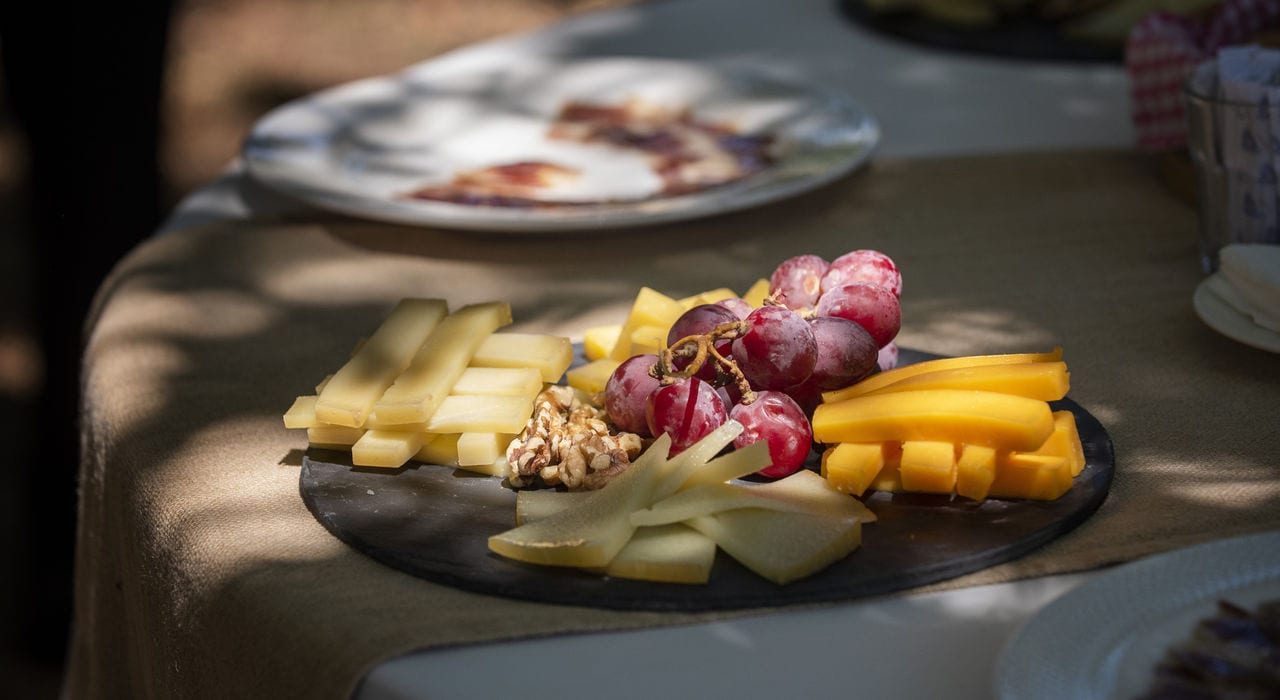
-
English
- EMEA, Americas & APAC
- China
- Latin America
Of all the items in the average refrigerator, the yogurt represents a unique opportunity - and challenge - for manufacturers.
On the one hand, consumers’ love of this creamy, indulgent (yet healthy) snack shows no signs of slowing down, with the global yogurt market set to surpass $100 billion within four years1. But on the other hand, some consumers never get to enjoy their healthy snack, having already thrown the product away for fear that it’s no longer safe to eat.
Today, around 9% of yogurt is wasted by consumers at home according to Label better, less waste | WRAP UK2. In fact, last summer, Danone even launched a labelling re-boot to help tackle the problem, by replacing ‘Use By’ with ‘Best Before’ on its pots – along with a ‘Look, Smell, Taste, Don’t Waste’ message.
It’s a great initiative from a responsible manufacturer – and one that we agree with wholeheartedly at DSM, where we’re also on a mission to reduce the world’s $940 billion annual food waste bill (which also accounts for about 8% of total global greenhouse gas emissions, ecosystem degradation and biodiversity loss.
However, life is never quite that simple, of course, because if left for long enough, yogurt will almost certainly become unsafe to eat. For manufacturers, this isn’t just about safeguarding their customers; it’s also about protecting the brands they have worked so hard to build. Which is why we decided that an even better solution to this problem would be to support manufacturers like Danone in mitigating these risks - by enabling a product that lasts even longer on the shelves and in refrigerators.
Naturally extending shelf life in yogurts is easier said than done for two main reasons:
In an ideal world, manufacturers and consumers would have the best of both worlds. Now, DSM has taken a significant step closer to this, following the recent extension of the Delvo®Guard portfolio. These bioprotective cultures offer manufacturers a range of choices as to how they balance the natural shelf-life extension of their products against taste and texture in order to meet different consumer needs.
When it comes to yogurts (much like all food and beverages) taste will always be the number one criterion for shoppers. However, health (of both people and planet) is rapidly gaining ground. In fact, a recent survey by DSM found that 71%3 of respondents now check product labels.
The reality is that there is no one-size-fits-all solution when it comes to the complex question of consumer preference: which is why our technical experts have developed a new family of bioprotective cultures to give yogurt makers (and lovers) more choice.
Hence, manufacturers now have more options at their disposal; supported, of course, by DSM experts who can advise on the ideal solution for their unique needs and situation. For example, if a yogurt producer wants great bioprotective properties that extend shelf life to the max - even during challenging situations like hiccups in production or cold breaks in the supply chain - they can choose our new Delvo®Guard 302 and Delvo®Guard 303 cultures.
If, however, they want lower post-acidification with greater control of flavor development, they can instead choose our Delvo®Guard 304 and Delvo®Guard 305 cultures. It really is their choice.
Delvo®Guard is a long-established solution in the marketplace for naturally extending shelf life. These cultures are easy to use (including with DSM’s Delvo®Fresh acidifying cultures) They are delivered as Direct Vat Cultures (DVC) for convenient direct inoculation into the milk; and they have no or limited impact on fermentation process and time. With Delvo®Guard, we can prevent the wastage of 1% yogurt, resulting in more than 6,000 tons of CO2 savings per household.
It’s good news for manufacturers, but also for our wider society. Here at DSM, our purpose is to create brighter lives for all – which includes helping prevent the world’s colossal food waste by creating more resource-efficient food production that keeps food nutritious and safe.
If we can do that while also enabling consumers to enjoy more delicious, healthier yoghurt for longer…then so much the better.
Who says you can’t enjoy it all?!
Our experts are always ready to help you